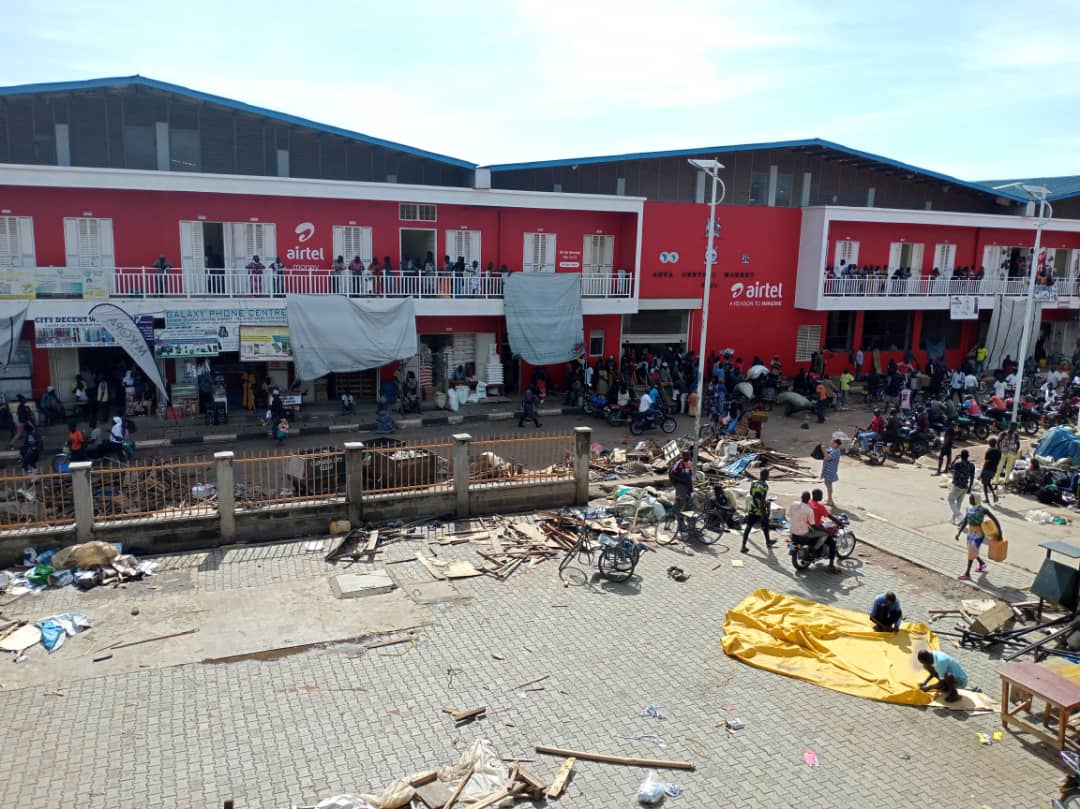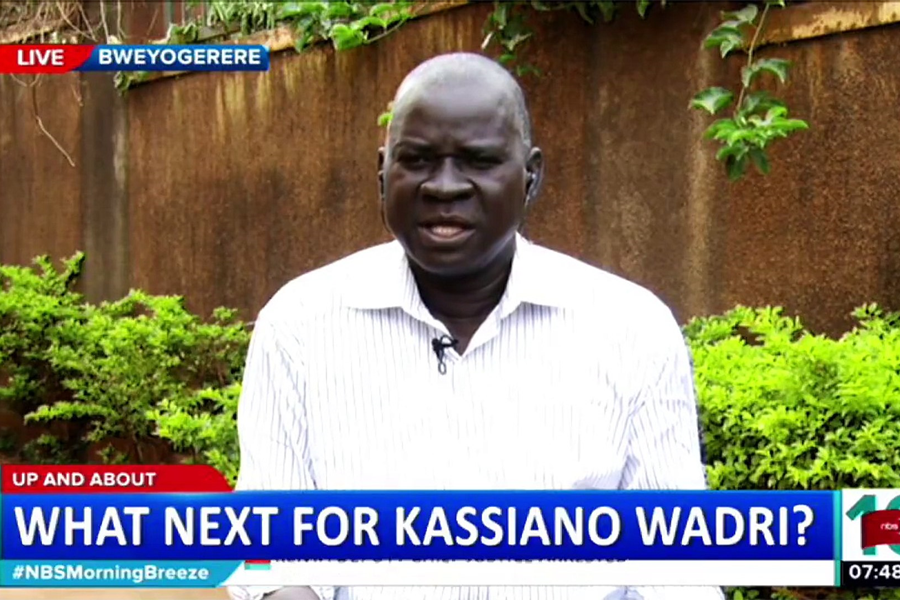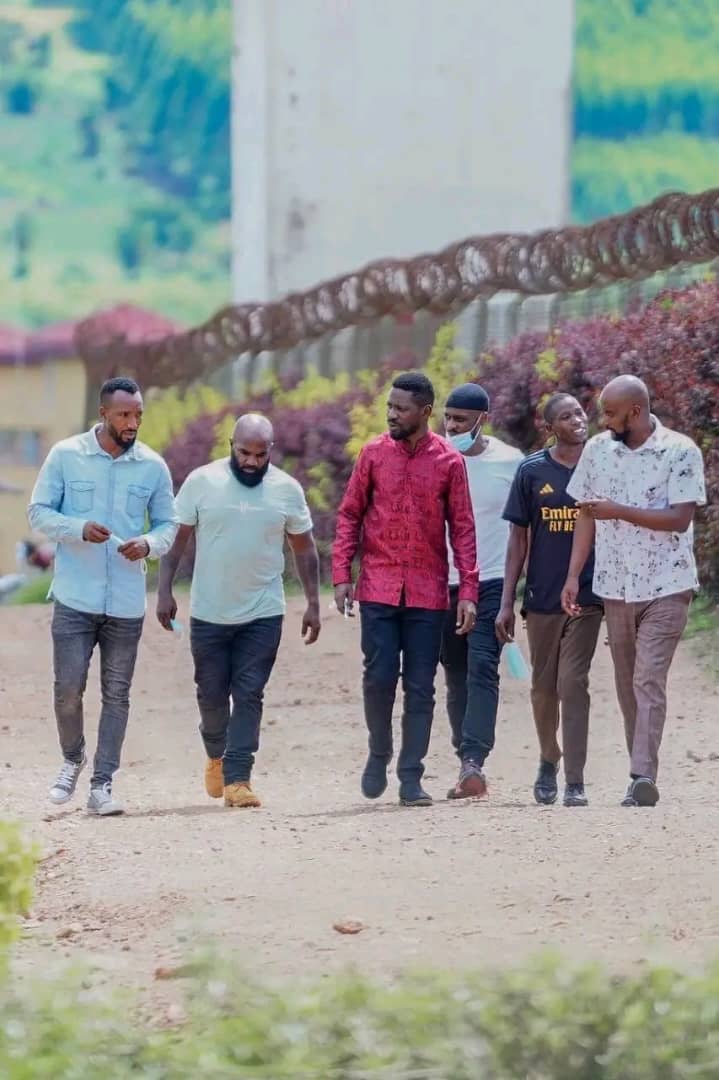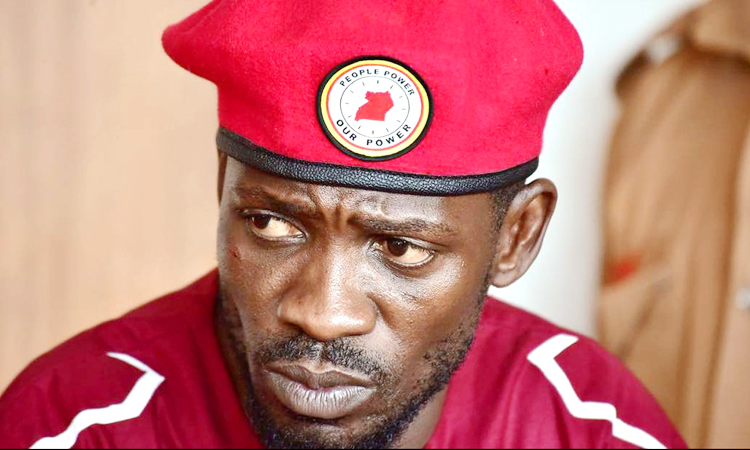Coldplay, U2 Musicians join campaign to free Uganda star Bobi Wine
Dozens of top musicians including Chris Martin, Chrissie Hynde, Brian Eno and Damon Albarn have signed an open letter calling for the release of detained Ugandan singer-turned-politician Robert Kyagulanyi Ssentamu, known to fans as Bobi Wine.
Kyagulanyi was charged in a military court in Uganda last week with unlawful possession of firearms and ammunition after being arrested in the north-western town of Arua following clashes during campaigning for a byelection.
Keep Reading
The politician’s driver was shot dead in the violence and Kyagulanyi’s arrest sparked two days of anti-government demonstrations.
More than 80 artists, activists and politicians signed the statement condemning “the arrest, imprisonment and vicious, life-threatening physical attack by Ugandan government forces”.
“We call upon the Ugandan government to ensure [Kyagulanyi has] full access to medical treatment, to allow a full and impartial investigation of his violent arrest and imprisonment and … to follow internationally recognised procedures and safeguards in proceeding with any case against him,” the letter, published on Tuesday night, read.
“We pledge to remain vigilant … and to use our voices … to press for his immediate and unconditional release, and for an end to this and other acts of political repression and violence in Uganda.”
Signatories also include Peter Gabriel, Adam Clayton of U2, top African musicians such as Femi Kuti, Nigerian Nobel laureate Wole Soyinka and Tom Watson, the deputy leader of the Labour party in the UK.
The Ugandan government described the assault accusation as “rubbish”. President Yoweri Museveni, in power since 1986, has dismissed reports of injuries as “fake news”.
Friends and relatives told the Guardian that Kyagulanyi, who campaigns under the slogan “people power”, was left unable to stand after being beaten in detention.
Medard Sseggona, a lawyer and politician representing Kyagulanyi, said: “He is in great pain. He can’t talk, he can’t walk, he sits with a lot of difficulty, his face is swollen and cannot see because of the torture. He couldn’t speak when the charges were read to him and I believe he didn’t know what was going or understood the charges read to him.”
The singer was arrested on 13 August along with four other parliamentarians critical of Museveni on suspicion of involvement in the stoning of a presidential convoy during a parliamentary byelection campaign.
Kyagulanyi was first charged on 16 August with treason, along with two other lawmakers and dozens of other people. The charges were later downgraded. He remains in a military facility in Kampala and the next hearing is scheduled for Thursday.
Rights groups say opposition politicians, journalists and civil society organisations face systematic harassment in Uganda.
Police have detained 68 people during two days of disturbances. Among them was a Reuters photographer, who has since been released from police detention. Footage broadcast by local station NTV showed people being struck with clubs and canes by men in uniform.
Kyagulanyi’s detention has prompted anger across the region. A march by sympathisers is planned in Nairobi, Kenya, on Wednesday.
The US, UK, EU and other powers have expressed their concern.
Museveni, a key US security ally, has been elected five times. The last vote in 2016 was marred by allegations of fraud. The 74-year-old leader is now able to seek re-election in 2021 because parliament passed legislation last year removing a clause in the constitution that had prevented anyone over 75 from holding the presidency.
Kyagulanyi, who was elected to parliament last year, has emerged as a powerful voice with his calls for young people to “stand up” and take over from a “failed leadership”. On his Twitter feed Kyagulanyi says he is “one Ghetto child who has something to say through music”.
He has compared himself to France’s Emmanuel Macron and made no secret of his presidential ambitions. Many songs deal with social and political issues, calling for ordinary young people to act to improve their lives and their country.
Source: The Guardian.


















